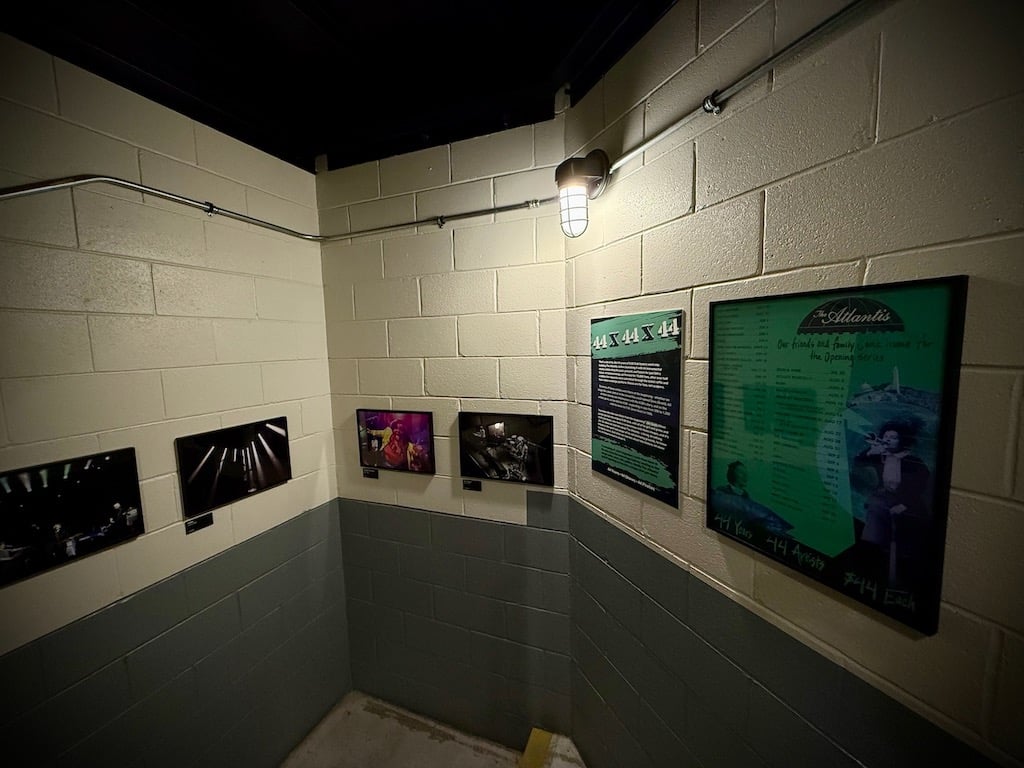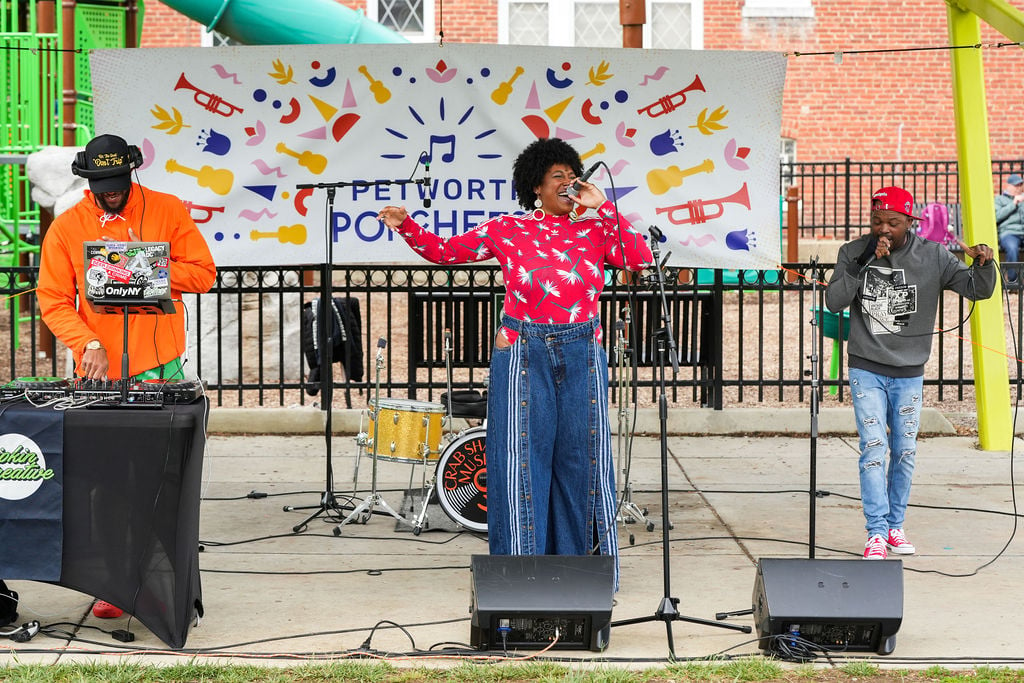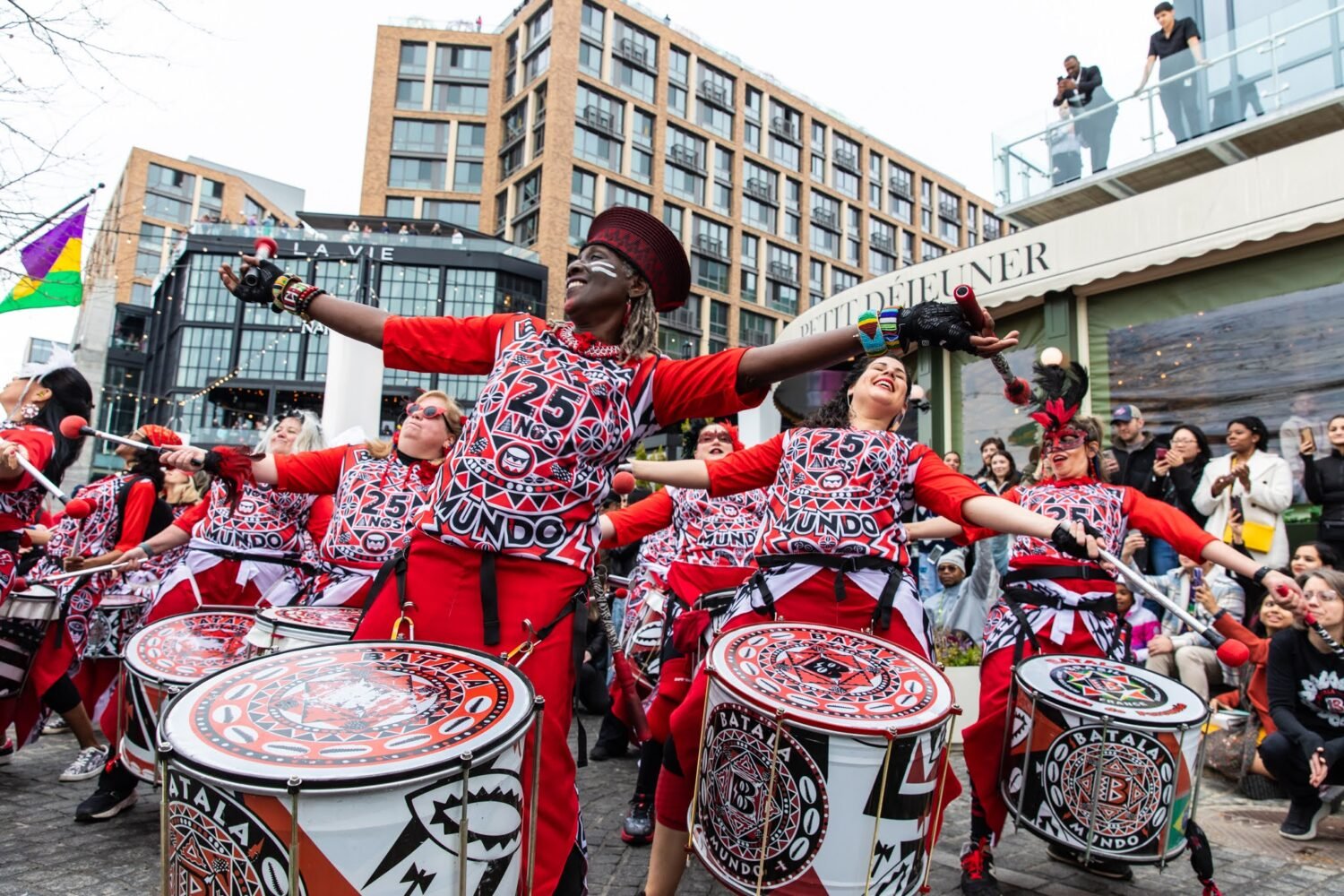Gary Gulman
Warner Theatre, February 1

In the space of a few years, Gulman has gone from a funny observational comic to someone—like groundbreaking comedians Tig Notaro and Hannah Gadsby—known for bravery and self-disclosure. This tour continues the conversation started by his 2019 HBO comedy special, The Great Depresh, in which Gulman tackles his mental-health struggles and still manages to find lots of laughs. $25 to $35.
Exquisita Agonía
GALA Hispanic Theatre, February 6–March 1
The latest from Pulitzer Prize–winning playwright Nilo Cruz is coming to DC, and he’ll arrive along with it: The GALA production includes a rare opportunity to see Cruz direct his own work about an opera singer desperate to be with the young man who received her late husband’s heart. $20 to $55.
“Moira Dryer: Back in Business”
Phillips Collection, February 8–April 19
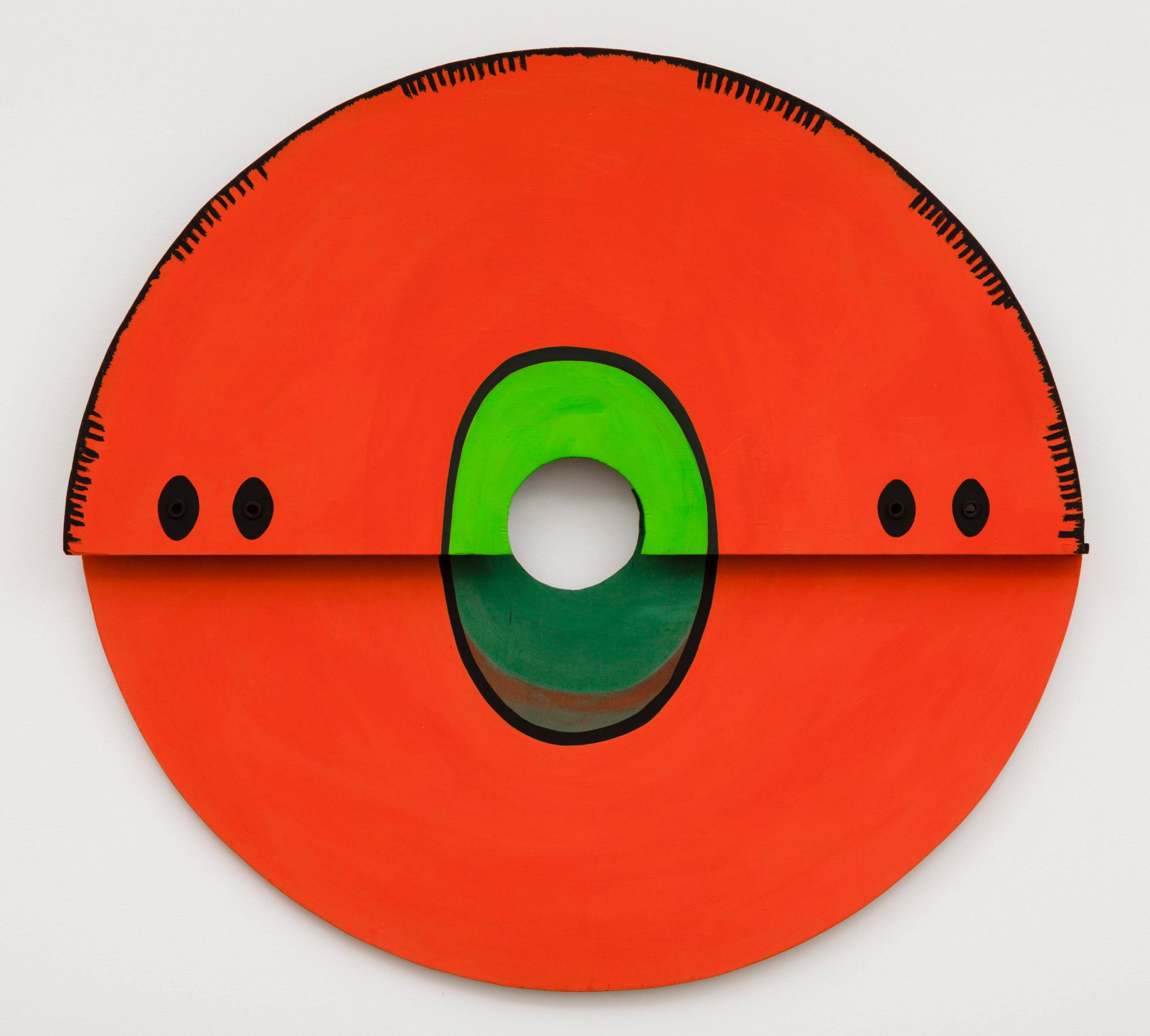 All photographs by Charles Benton
All photographs by Charles Benton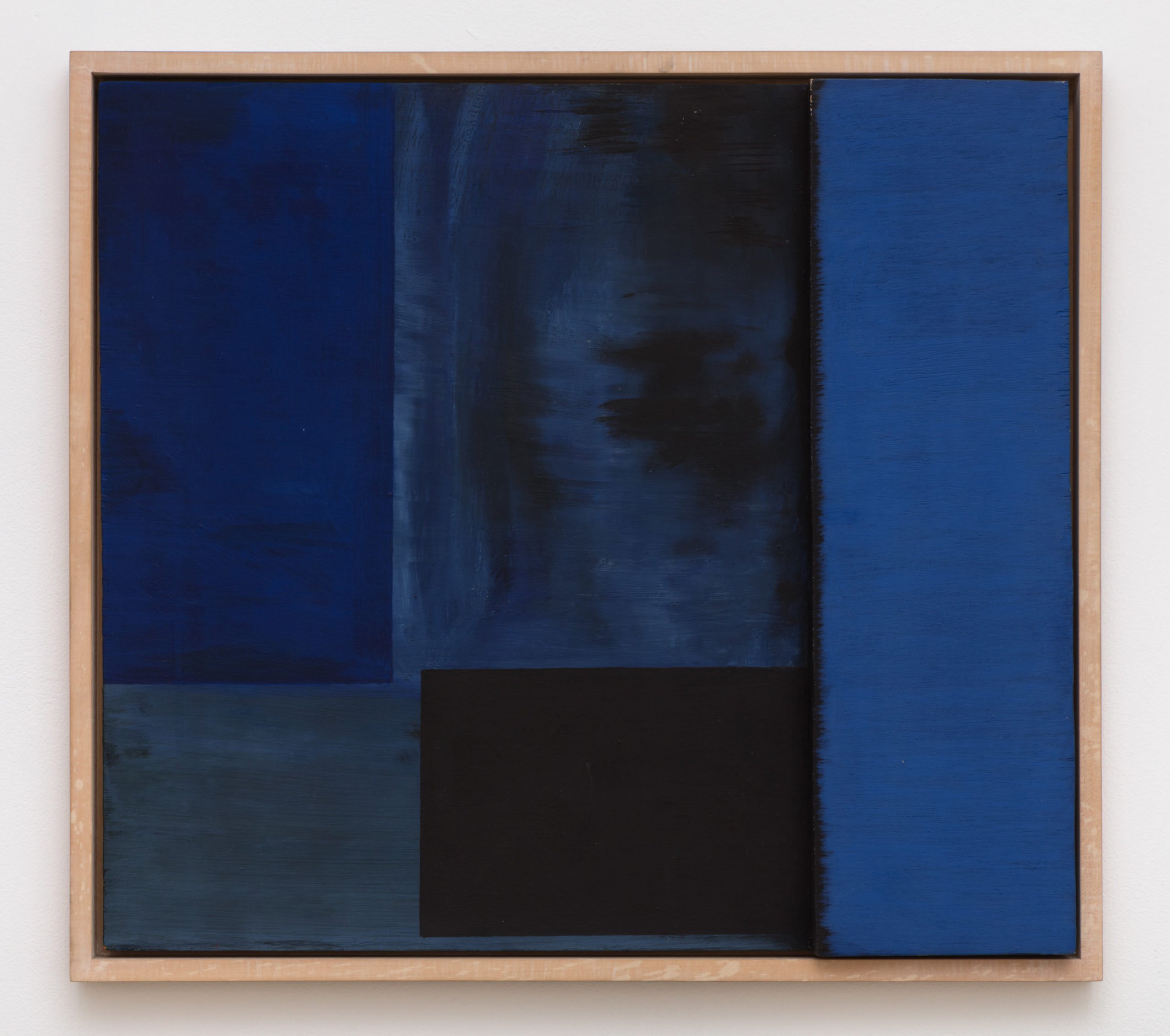
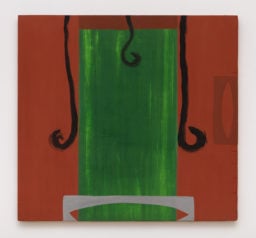
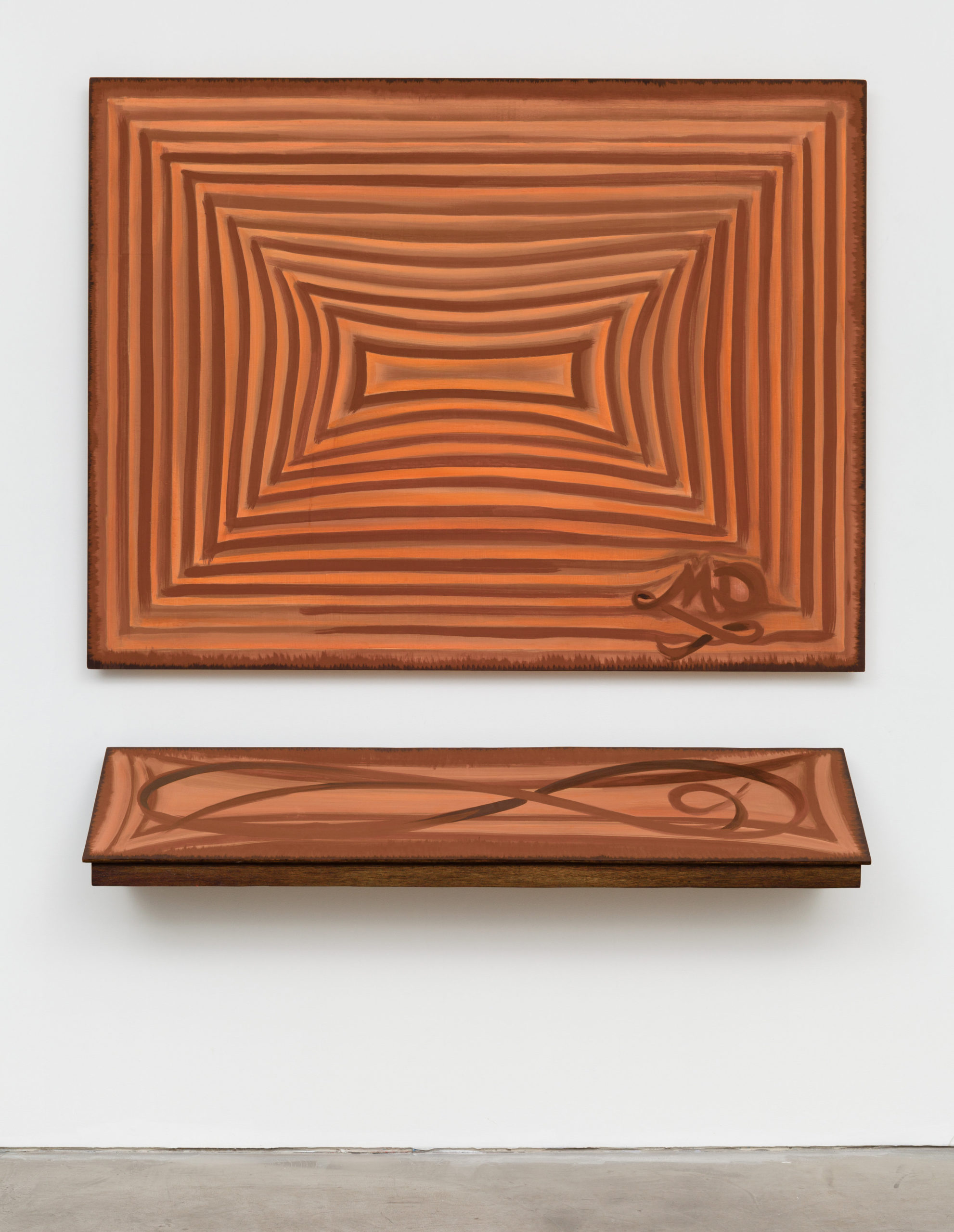
The late artist was best known for her abstract paintings on wood and use of vibrant colors, but Dryer once worked with some of those same elements in a different capacity—as a theater set designer. In the most extensive exploration of her early work to date, visitors can see how that experience informed her art; some of the paintings reference curtains and other theatrical forms. Free Tuesday through Friday, $12 Saturday and Sunday.
Raphael Saadiq
9:30 Club, February 8
Saadiq has been pouring his soul into his music for three decades, but last year’s Jimmy Lee is his most personal album. Dedicated to his brother who died from a drug overdose, the album mixes the story of his family with the vocal prowess he developed with Tony! Toni! Toné!, the musical chops of his solo work, and the production and songwriting skills he’s lent to artists such as D’Angelo and Solange. The result is a new sound and proof of the artistic power of testimony. $40.
The Resisters by Gish Jen
Politics and Prose (Connecticut Avenue), February 13
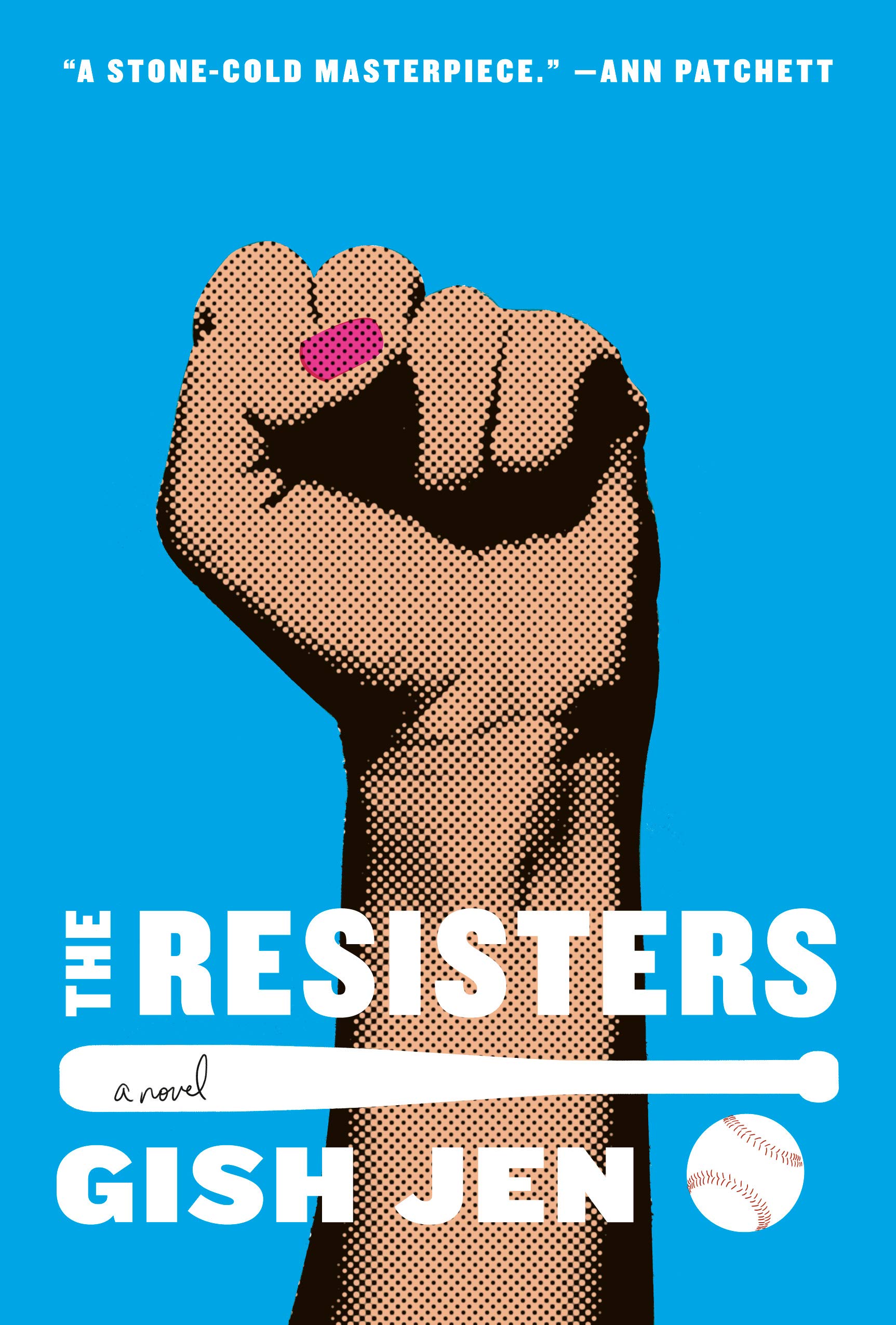
The magic of Gish Jen’s (not so) futuristic new novel is its ability to make a dystopian America feel like both a far-off fantasy and an urgent, fast-approaching reality. The book follows a talented young female athlete who hopes to use sports as a way to break through the caste system of a climate-change-ravaged “AutoAmerica” by beating “ChinRussia” in the upcoming Olympics. At this event, Jen will be in conversation with writer Jane Leavy. Free.
Hate Valentine’s Day? You Can Still Go Out!
Believe it or not, there are things to do around the city on February 14 that have absolutely nothing to do with Cupid,roses, and romance. A few suggestions for anyone who’s truly indifferent to romantic festivities:
Mother Road
Arena Stage, February 7–March 8
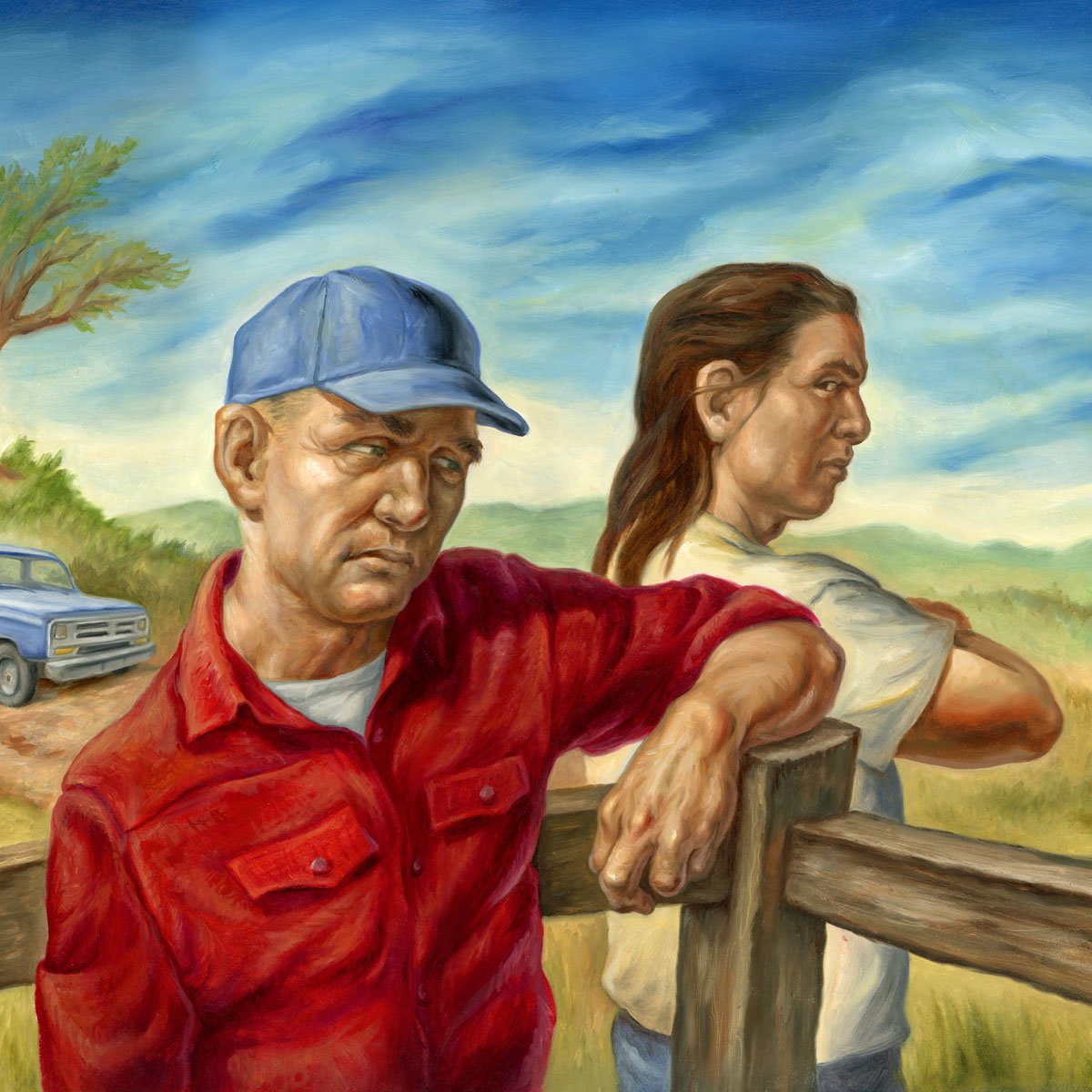
In Octavio Solis’s semi-sequel to The Grapes of Wrath, a terminally ill William Joad tracks down relatives who migrated from Oklahoma and learns that some of the Joads are Mexican American. $40 to $95.
Lower Dens
Songbyrd, February 14
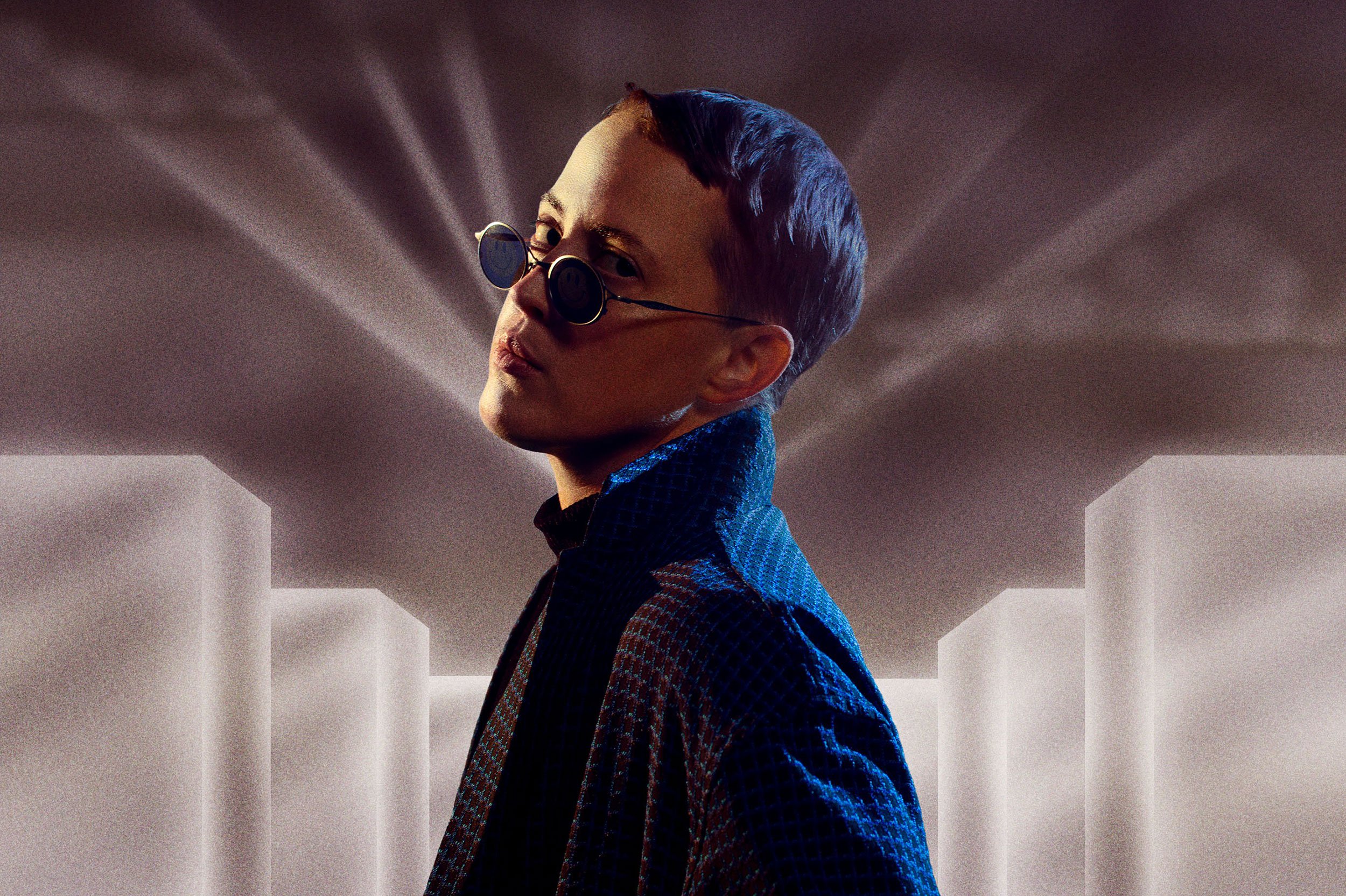
Baltimore’s favorite synth-pop group probably won’t deliver a special Valentine’s set—they’re too busy taking on the man. Their latest, The Competition, is a glossy screed against capitalism. $15.
Katsucon
National Harbor, February 14–16
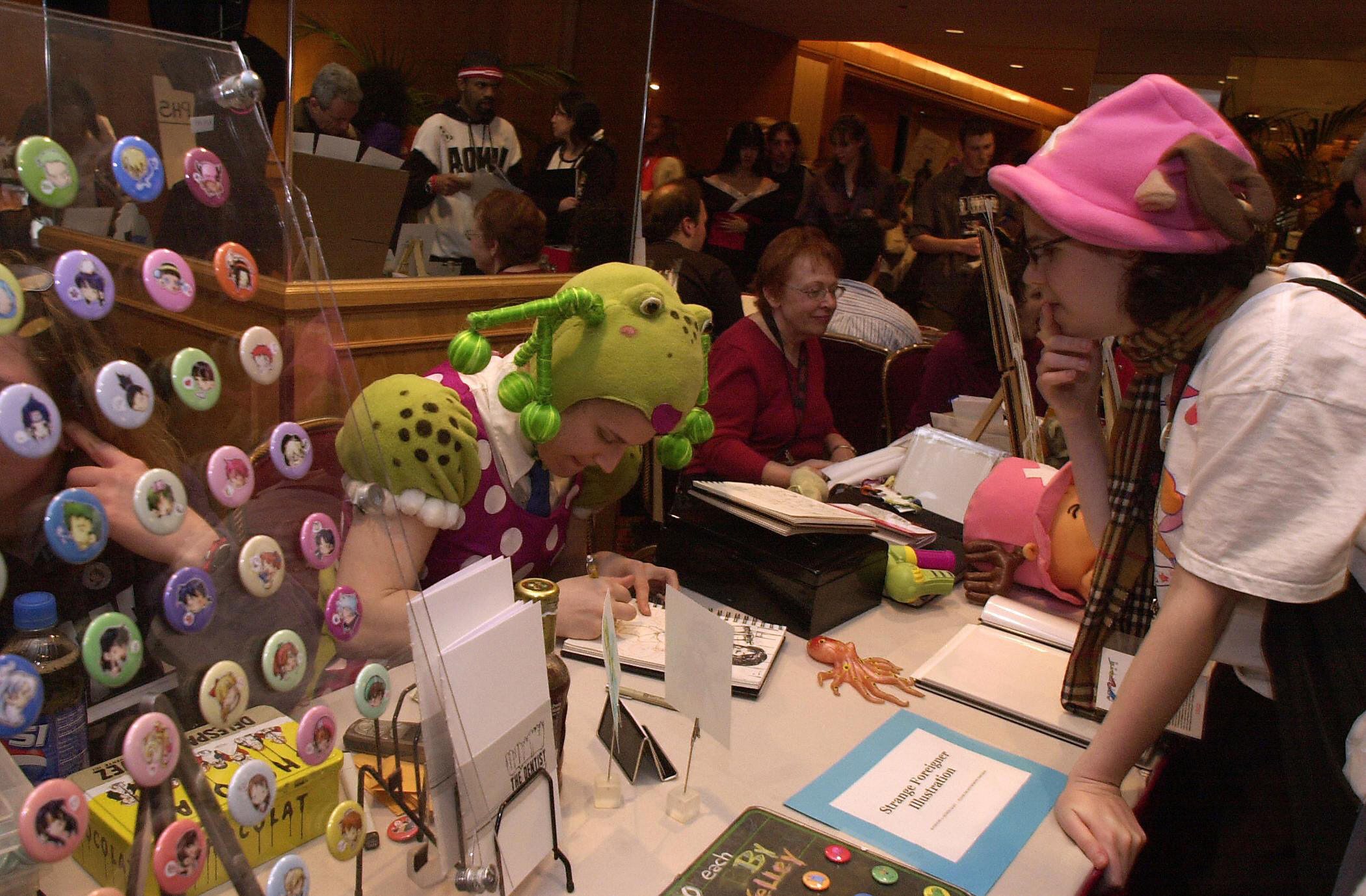
Lose yourself in a sea of Sailor Moons and Sephiroths at this anime event where cosplayers, gamers, and comic-book enthusiasts come together to escape reality. $35 to $80.
“You + Me = Symbiosis”
S. Dillon Ripley Center, February 14
Lichenologist Manuela Dal Forno and entomologist Natasha Mehdiabadi mark Valentine’s Day with a lecture about a different kind of love story: “symbiotic associations,” the mutually beneficial couplings found in the natural world. Among the partnerships they’ll explore are fungi-farming ants that rely on their lichen friends for food and, in exchange, provide nourishment and care. Awww, relationship goals. $20 to $30
She Came to Slay: The Life and Times of Harriet Tubman by Erica Armstrong Dunbar
Politics and Prose at Union Market, February 15
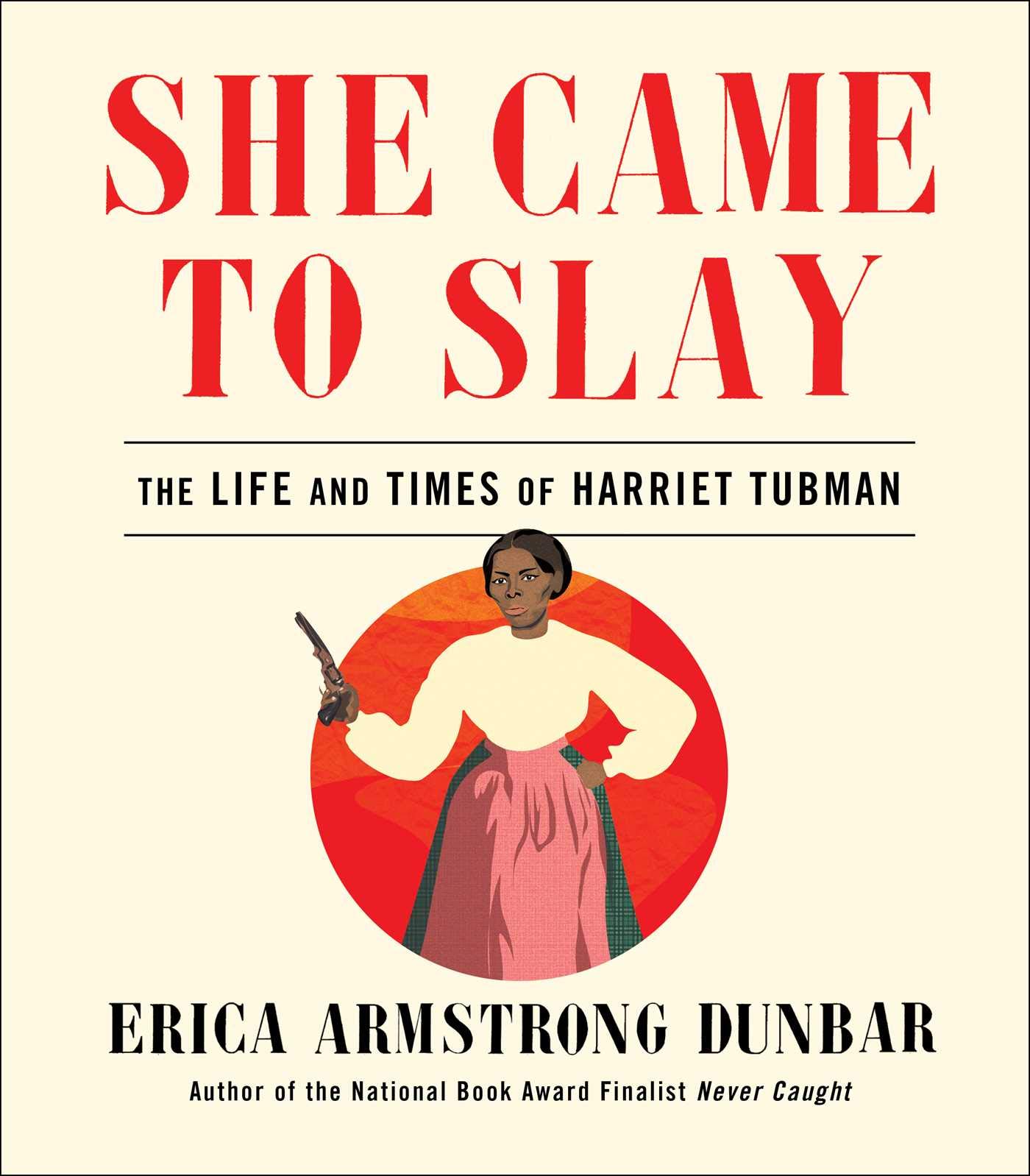
Take a break from hand-stamping Harriet Tubman’s likeness on all of your $20 bills and pick up historian Erica Armstrong Dunbar’s new biography. The author gives Tubman’s life the engaging treatment it deserves, using different storytelling tools—maps of her moves, infographics detailing her trips and the number of people freed—to document her legacy. Free.
National Black Movie Day 2020
Various locations, February 15
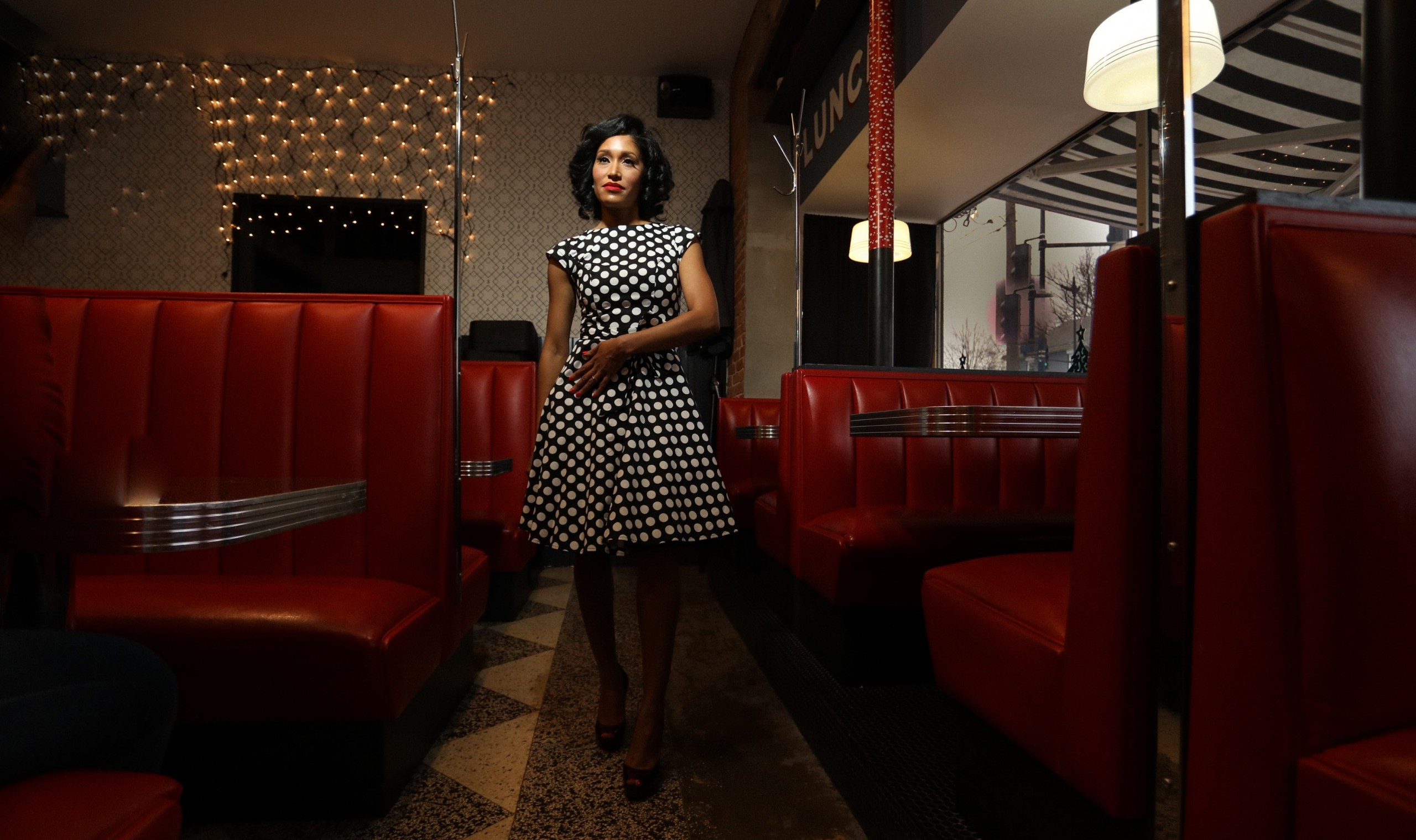
Instead of cringing through what could be another diversity-deficient awards season, check out some counterprogramming: The first-ever National Black Movie Day takes place in DC this month.
What it is: A celebration of black movies and the people who make them—plus a call for Hollywood to greenlight more projects. Local events include the presentation of a scholarship to a young filmmaker and a screening of Issa Rae’s latest, The Photograph, followed by a panel discussion.
How it started: Film buff and former journalist Agnes Moss—who lives in Washington and now works in PR—started developing the idea in earnest after the 2015 #OscarsSoWhite Academy Awards controversy. “We are large contributors to American culture, and culture on a global level,” she says. “It’s important for us to see ourselves.”
What’s next: DC is the only city with in-person events this year, but Moss wants to expand to other cities with large African American populations. She plans to expand the scholarship component, too, particularly for aspiring filmmakers who are attending historically black colleges and universities outside of traditional moviemaking hubs. After all, how many masterpieces have been lost because would-be directors never got a chance?
Easy Women Smoking Loose Cigarettes
Signature Theatre, February 18–March 29

Washington playwright Dani Stoller explores the dysfunction that ensues when an empty-nester’s daughter moves back home. (There’s also a pregnant niece and a troubled neighbor.) Stoller has said she hopes the sardonic dramedy will make audiences want to call their mothers. Good advice whether you go see this or not! $40 to $103.
National Symphony Orchestra: Noseda Conducts Mahler’s Fifth and Schubert
Kennedy Center, February 20–22
Mahler himself said nobody really understood his Fifth Symphony when it debuted in 1904. More than a century on, audiences are moved rather than confounded by this emotionally vast piece, inspired by the composer’s near-death experience and his first encounter with his wife. NSO music director Gianandrea Noseda pairs the masterwork with Schubert’s “Unfinished” Symphony, creating a program that both reflects on mortality and celebrates life. $15 to $99.
“Hearts of Our People: Native Women Artists”
Renwick Gallery, February 21–May 17
This exhibit showcases 81 artworks from Native women, spanning more than 1,000 years. A few highlights:
Parka, 1890–1910
Artist unknown (Central Yup’ik)
This turn-of-the-century garment—made of seal intestine, walrus fur, and hide—is a stunning piece. The fact that it looks like something from a modern sportswear collection raises questions about everything from theft and appropriation to the nature of trends.
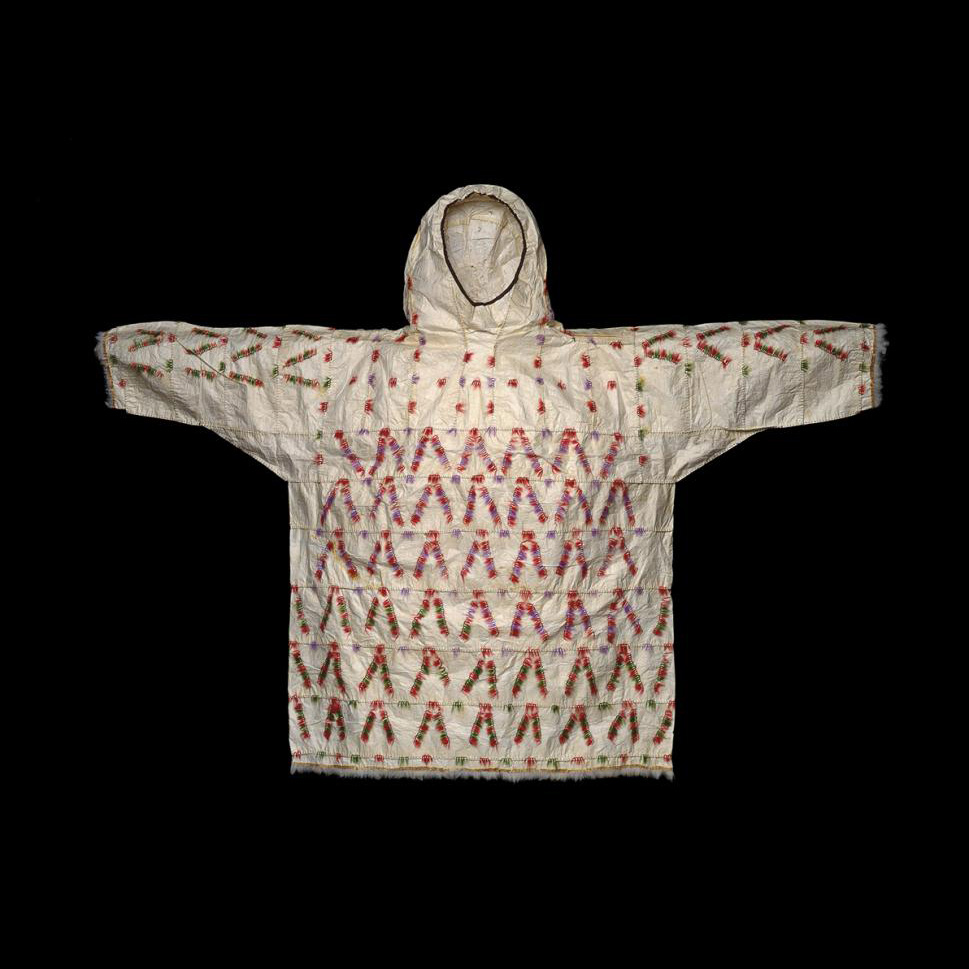
“The Next Generation—Carriers of Culture,” 2018
Cherish Parrish (Ottawa/Pottawatomi)
The woven sweetgrass vessel is a seemingly everyday object that takes on an extraordinary form, following the lines of a pregnant woman’s torso.
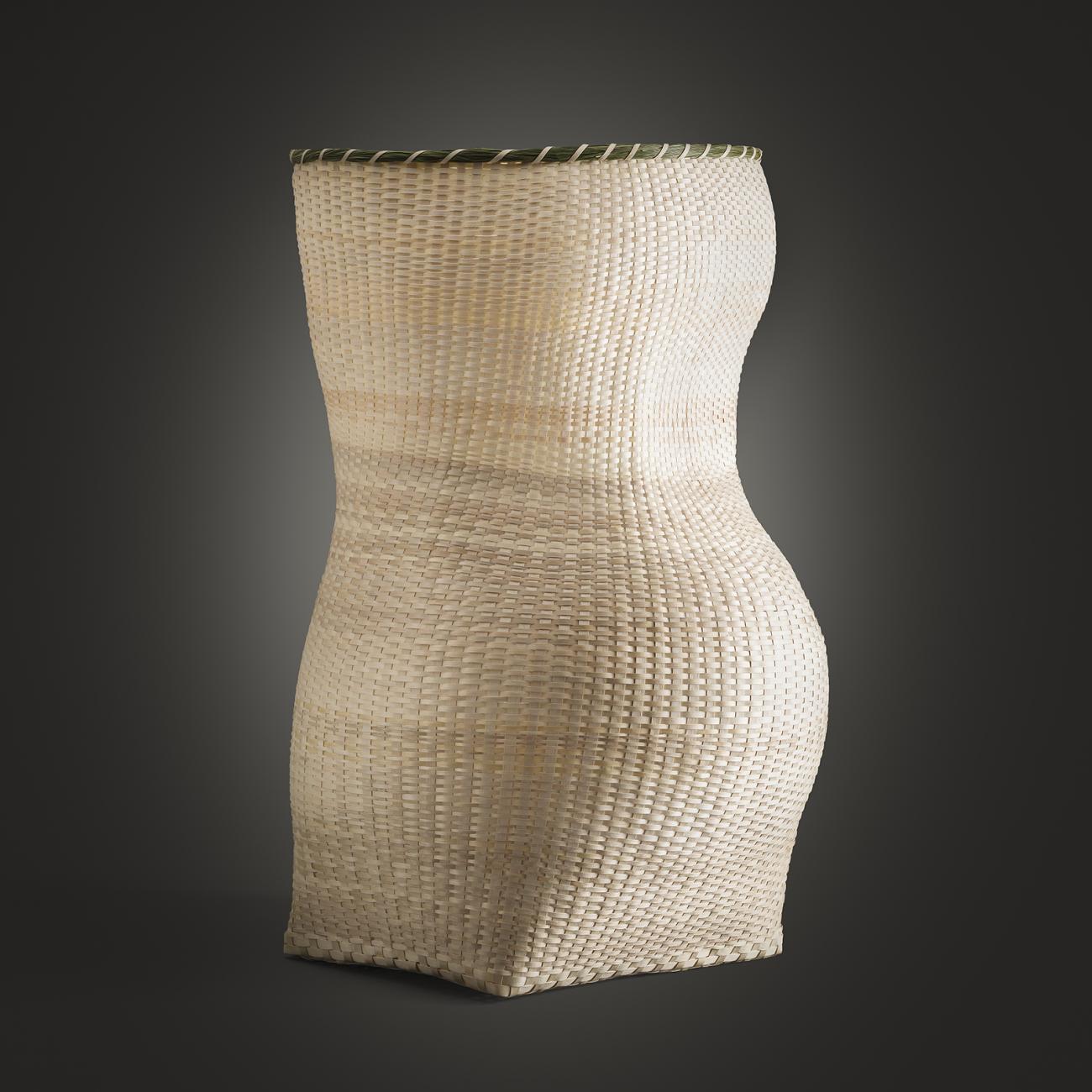
“Adaptation II,” 2012
Jamie Okuma (Luiseño/Shoshone-Bannock)
Okuma’s exquisite wearable pieces, such as these beaded Louboutins, are a fusion of different fashions, artistic media, and cultures.


“Fringe,” 2007
Rebecca Belmore (Anishinaabe)
Belmore’s work is striking and unapologetically political, and this depiction of a Native woman’s violently slashed back, stitched together with delicate red seed beads, ranks among her most powerful. Free.
Post Malone
Capital One Arena, February 27

The warble-rap cowboy was 2019’s most-streamed Spotify artist, at 6.5 billion streams. He’ll likely celebrate by bringing even more frat-party energy to the stage than usual. Regardless, fans will be as excited about his melancholic bops as his bass-heavy party anthems. $109.
The Official DC Cocktail Festival
National Union Building, February 29

You’ve probably been to the unofficial DC cocktail festival—it takes place weeknights on your sofa, and the signature drink is whatever best helps you shake off the indignities of the workday. Why not try the Official DC Cocktail Festival, which features sample sips from some of the city’s most highly regarded mixologists? Last year’s participants included Jack Rose Dining Saloon, Daikaya, and Farmers Fishers Bakers. $35 to $60.
Matthew Whitaker
Sixth & I, February 29
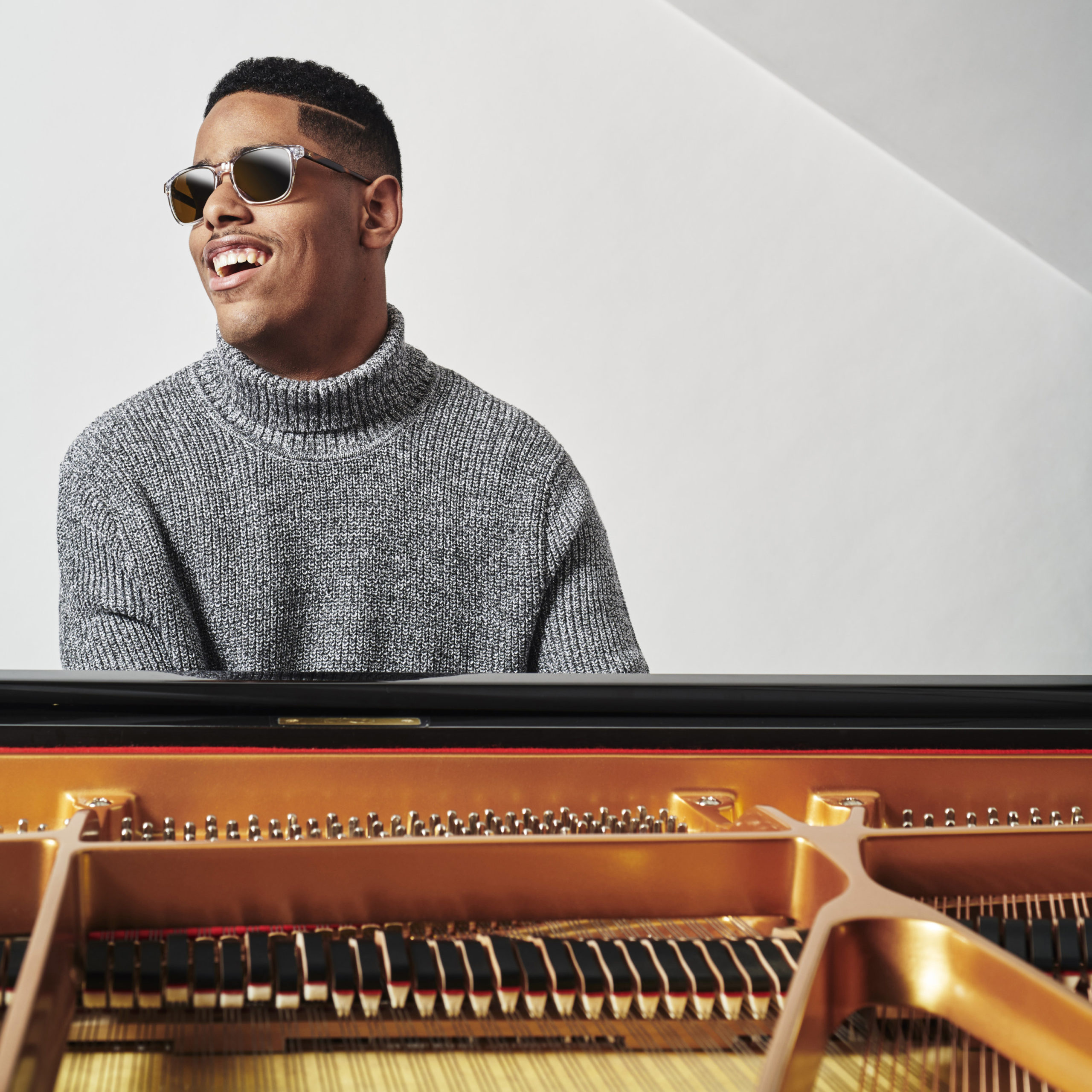
This nimble jazz pianist has an impressive repertoire that ranges from standards to gospel to big-band swing—and he graduated from high school just last year. District audiences should expect him to command the stage with the same sharp skills and complex original compositions that mark his new album, Now Hear This. $30.
“Riffs and Relations: African American Artists and the European Modernist Tradition”
Phillips Collection, February 29–May 24
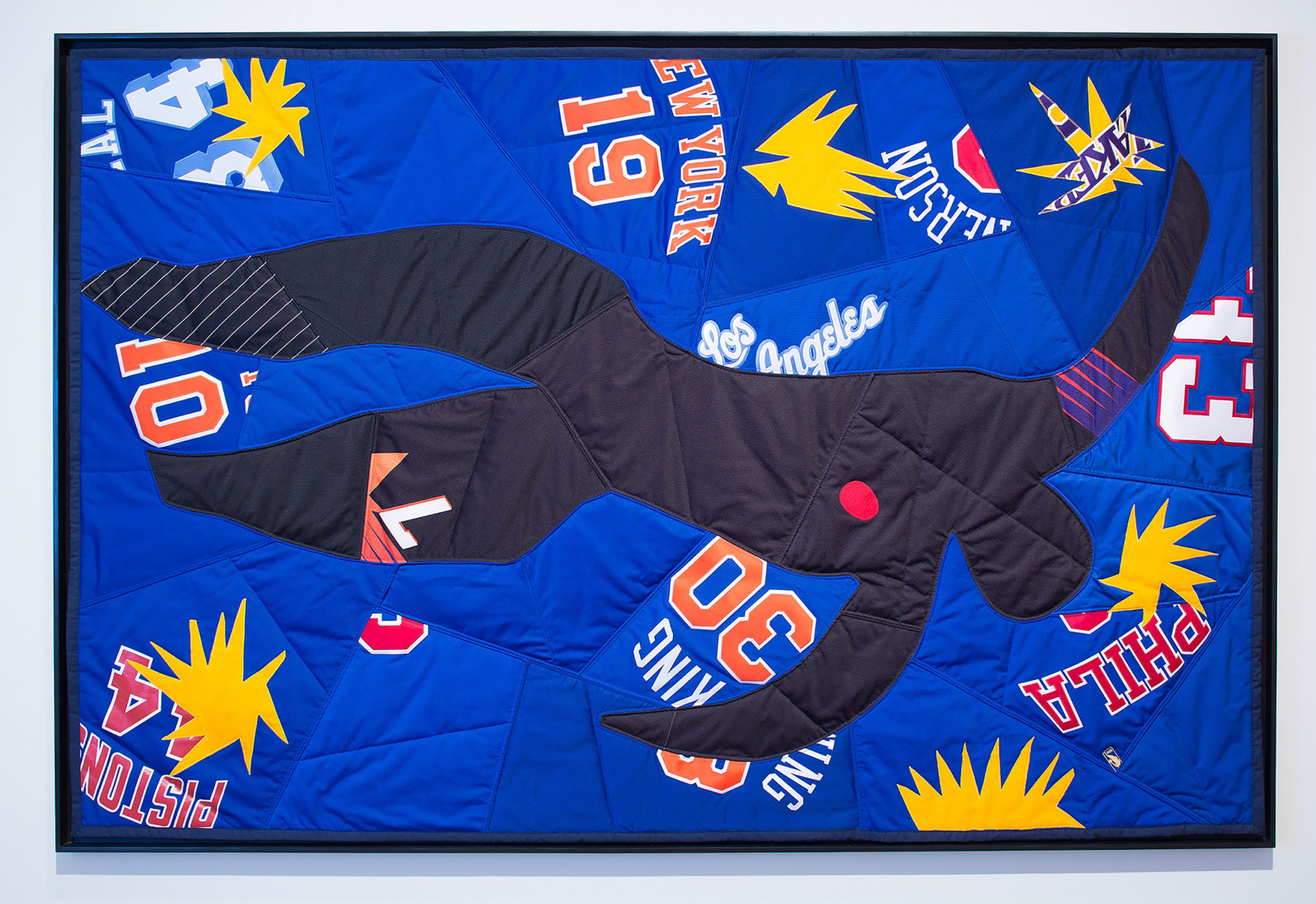
Featuring 72 pieces, this exhibit digs into how black artists such as Romare Bearden, Renee Cox, Wangechi Mutu, and Hank Willis Thomas have responded to the work of world changers such as Picasso and Matisse (who will also be represented). Expect plenty of complexity: This isn’t simply about one-way influence but depicts an ongoing exploration of deep issues that are both aesthetic and cultural. $12.
Boys Don’t Cry
Dance Place, February 29–March 1
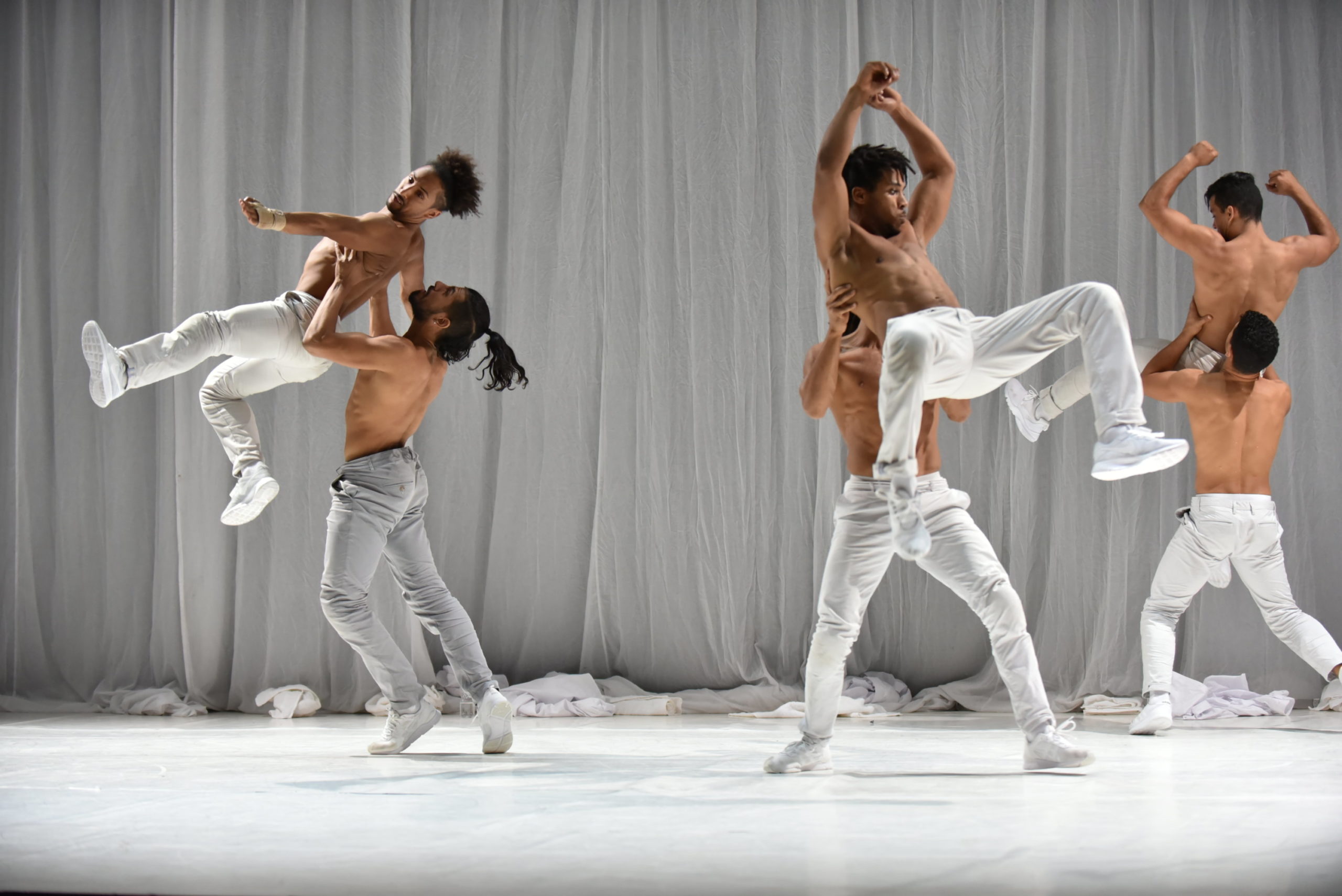
Director/choreographer Hervé Koubi dives deep into toxic masculinity and gender norms with this emotional piece about a man who would rather be dancing than rough-housing with the bros. An all-male cast brings to life what turns out to be a tale of joy and absolution. $15 to $30.
This article appears in the February 2020 issue of Washingtonian.








